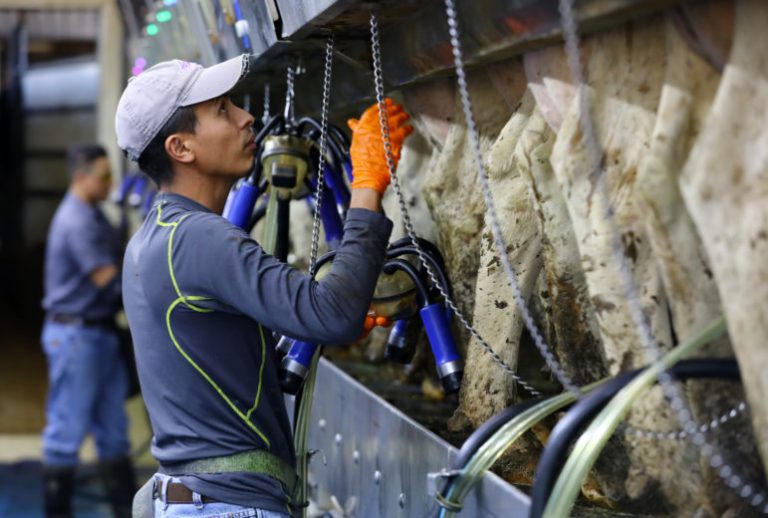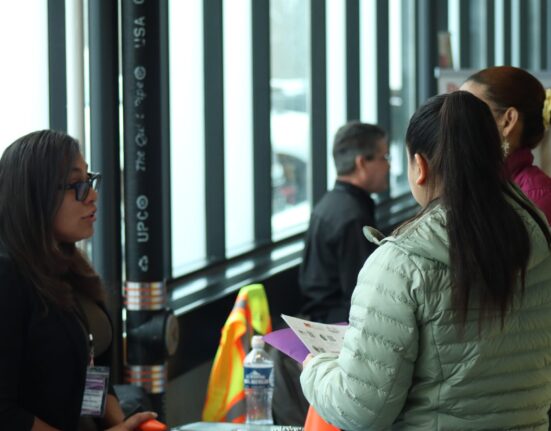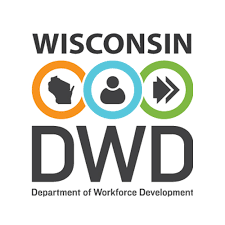
With new protections for migrant workers in Wisconsin the state Department of Workforce Development hopes to promote the health and safety of seasonal farm workers.
The protections, which went into effect Feb. 1, include requirements for disease and illness prevention for migrant workers in the case of a public health emergency. The protections marks the first significant update to the Wisconsin Department of Workforce Development’s (DWD) chapter 301 on state migrant labor rules since 2007.
Among the protections are field sanitation standards to prevent heat illnesses, medical conditions such as heat cramps, heat exhaustion and heat stroke; updated requirements for urinals and showerheads; improved access to washers and dryers; and other safety updates. Changes that require physical modifications will not take immediate effect.
Heat illnesses will be combatted through prevention plans requiring shade and breaks when temperatures exceed 80 degrees. When temperatures exceed 95, prevention plans must make employees aware of their right to take breaks and call for emergency services when needed.
“Wisconsin’s migrant seasonal farm workers play an essential role in our labor force, helping to put food on our tables and keeping our rural economy strong,” DWD Secretary Amy Pechacek said in a press release. “These changes ensure important protections are in place, benefiting migrant seasonal farm workers and camp operators. We thank members of the Governor’s Council on Migrant Labor and many other agencies and stakeholders for helping to inform the first substantive changes to the rules in some 17 years.”
In 2023, around 281 employers, migrant camps or agents of employers were regulated by DWD’s chapter 301 on state migrant labor rules. About 125 employers operated 261 migrant labor camps in Wisconsin, according to the DWD. Camp operators and migrant labor contractors are being notified of changes this week.
The change for protections comes from recommendations of the Governor’s Council on Migrant Labor. The Council works in conjunction with the DWD on issues affecting migrant labor workers.






